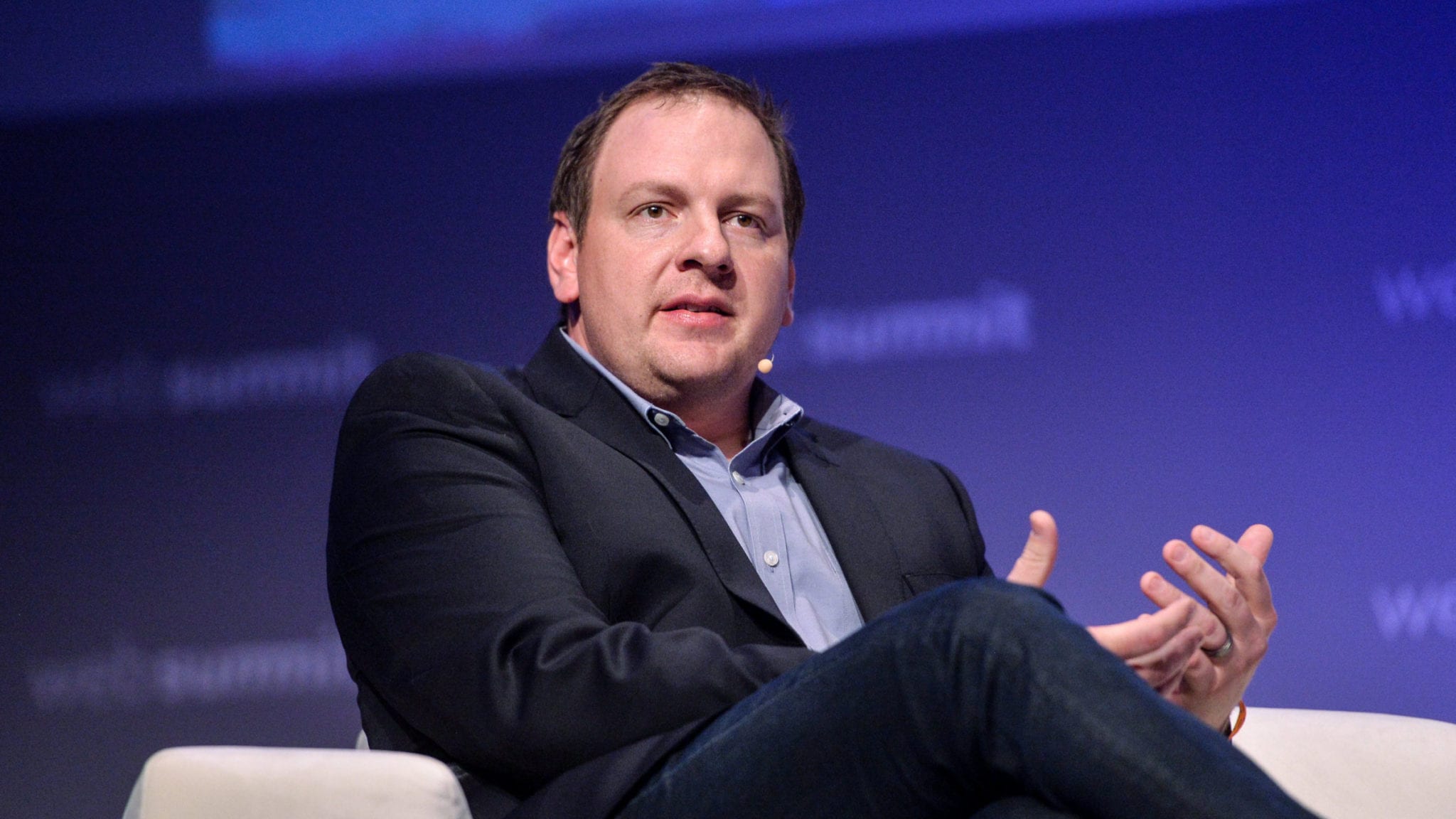
Chris Gibson, Recursion CEO (Vaughn Ridley/Sportsfile for Web Summit via Getty Images)
Recursion nabs $239M and an up to $1B partnership with Bayer as AI race heats up
Some biotechs struggle for cash. Recursion, lately, seems to be swimming in it.
Today, having already raised over $180 million in the last two years …
Sign up to read this article for free.
Get free access to a limited number of articles, plus choose newsletters to get straight to your inbox.